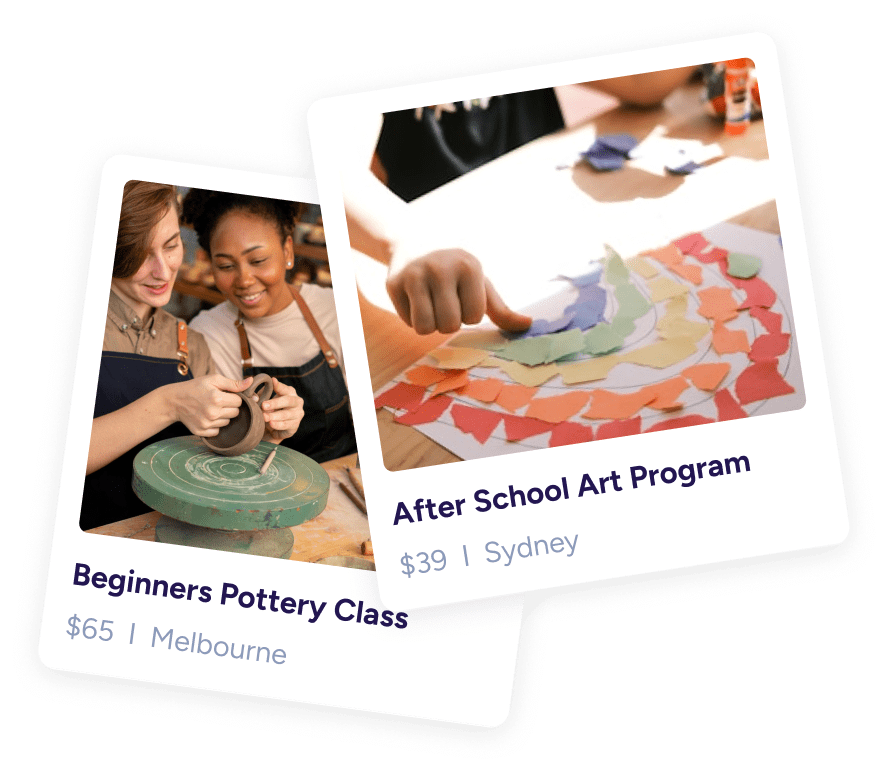In a previous blog, I explained that your effectiveness as a teacher is largely influenced by people’s emotional state around the kind of learning environment you are setting up. We talked about the notion of ‘away’ and ‘towards’ states and how people will be more motivated to learn and engage with you and your content if they feel no threat from you (or your content).
The reason for this is that the brain craves particular kinds of things in order to feel safe in new spaces and places, and amongst new people. We all remember the first day in high school and the anxiety of uncertainty about where we needed to be, what we needed to do, who would be there and what we would be asked to do in front of others.

Learning can be confrontational so in that blog I shared 3 ways to use what we know about the brain to set up a powerful and motivating learning environment. We talked about a providing learners with a sense of certainty and a safe learning environment, and we thought about ways to have them walk away with just one more new learning.
Below I share two more brain-based notions so that you can be even better at using the force of the human brain to motivate learners to engage, enjoy and, as a result have success at learning the new things you have to share with them.
Deep learning comes from constructing meaning
To construct meaning for themselves: The learners in your class have made a decision, and that decision is ‘you’. For some the gap between you and what they desire as an outcome can be sometimes be huge. For example I want to learn to play the guitar, have attended a course on it, but still don’t know how to do it how I want to do it. I want my teacher to just plug how to play it into my head – but he can’t. What he can do though is to work out a way that forces me to make meaning out of why I’m playing the guitar, help me to make connections outside the class and to then bring greater relevance to my learning.
So what should you do?
- Ask questions about why learners are doing what they are doing, just to keep them thinking
- Continuously connect what you are teaching to things they already know about and/or visions they may have as a result of attending your class
- Use metaphor and/or analogy to make learning visual
- Give real life examples of end results or of concepts, skills or ideas being taught to make learning relevant and meaningful

The feeling of success: The human brain flips its lid when it achieves success, performs a once difficult task, or even notices a small improvement. This puts learners in a positive state of learning and rewards them for their behaviour; and if behaviour is rewarded and reinforced it is more likely to occur again. In short skills and knowledge will be embedded more deeply if success is occurring.
So what should you do?
- Always reward every little attempt at everything (seriously … even just thinking about doing something is an attempt to learn it)
- Break complex skills or ideas down and use tangible examples to make them obvious
- Create a classroom where learning insights are not just possible but occur regularly
- Scaffold your learning into manageable chunks and maybe for different learners with different styles of learning
Remember that guitar course I enrolled in? How I went along and instantly felt safe and supported, was given certainty about what I would learn AND learnt new things every week?
Well by the end of the course, I had experienced tremendous success in learning the guitar, and whilst I was no Mark Knofler I had a guitar (whoa), I had 6 songs I could play (ye-ha) and I had done the course (and loved it)!
Now I sit with my guitar string broken, feeling excuses flood over me about why I’m not picking it up but at the back of my mind is the notion that one day I’ll write my own song and sing it to my partner – and that’s important to me. So the relevance and meaning of that guitar course is not lost on me; nor is the want, desire or force to do it again – or at least to get the string fixed.







